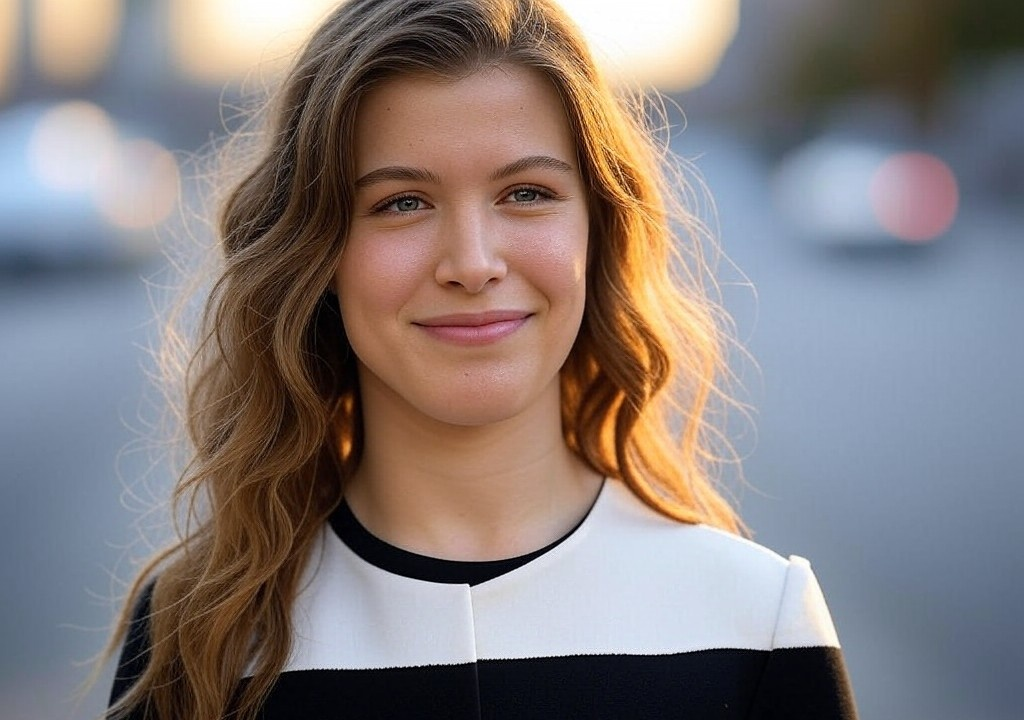“Are you sitting down?” my sister’s voice crackled through the line, her tone teetering between urgency and excitement. I wasn’t sitting down. I was on the floor of my tiny Montreal apartment, surrounded by rejection letters from publishers who had collectively decided my second novel wasn’t compelling enough to see the light of day. I told her I wasn’t exactly in the mood for theatrics.
“Well, you might want to make an exception for this.”
She then delivered the news: my first novel—my quiet, introspective homage to my hometown and its intricate cultural identity—had been optioned for a film adaptation. Not just by anyone, but by a prominent French-Canadian filmmaker whose work I had adored for years.
The seconds after hearing the news felt like that moment in a rom-com when the quirky lead character realizes they’re in love with their best friend—they're so overwhelmed, they forget how to breathe. I sputtered into the phone, equal parts disbelief and giddy laughter, as if my life had hit the perfect romantic climax, minus the sweeping music and montage.
This wasn’t just a phone call. It was the phone call—the kind of moment every writer doodling plotlines in the margins of their notebook dreams of. It didn’t just change my career; it changed the way I look at art, connection, and those pivotal moments when everything clicks into place like the perfect final chapter.
Let me take you behind the scenes of that moment and what it taught me about the unpredictability of life, confidence, and showing up even when rejection feels personal.
The “It’ll Never Happen” Mindset
Before that call, I was at war with a particularly persistent enemy: self-doubt. No writer—or really, anyone who dares to bare their soul through their work—escapes unscathed from those moments of questioning if they’re enough. My first novel had been a modest success, and while I was proud of it, I had convinced myself it was a fluke.
It’s funny how we’re often the last to see our own value. Much like dating, where you’ll forgive someone for texting back three days later but won’t cut yourself slack for missing one workout, we tend to hold ourselves to impossible standards. I had decided my chances of creating something commercially successful were essentially the same as bumping into Timothée Chalamet at a dépanneur.
And yet, success can slip in when you least expect it—like a late-night text that actually makes you smile instead of groan.
Rejection Is a Frenemy in Disguise
Every rejection letter I received didn’t just sting; it delivered an existential gut-punch. “We enjoyed this, but it’s not quite what we’re looking for.” Ah yes, the publishing equivalent of, “It’s not you, it’s me.”
But here’s the thing: rejection, cruel as it feels in the moment, isn’t always a closed door—it’s often a detour map. With every no, I learned something: about my writing, about the publishing industry, about resilience itself. I’d roll my eyes when I heard people say, “Everything happens for a reason,” but, for once, it kind of did.
My script wasn’t right for those publishers because it was meant for something else—a path I couldn’t yet see. Just like in relationships, sometimes “no” means you’re making space for the partner—or opportunity—that aligns with you.
Say Yes Before You’re Ready
When my work was optioned, the logical part of me knew I should feel ecstatic. But honestly? I was terrified. Writing and producing live in entirely different realms. I was the scribbler with tea-stained manuscript pages; they wanted me to sit at the table with seasoned filmmakers, lending a hand to a screenplay for a project slated to hit cinemas.
It felt a bit like getting a first date with someone wildly out of your league—half thrilling, half sheer panic.
At first, I wanted to say no. What if they discovered I wasn’t up to par? What if I messed up, and this dream opportunity evaporated faster than my dwindling apartment Wi-Fi signal? But then I remembered something someone once told me: “Growth doesn’t happen in comfort zones.”
So, I fake-tied my imaginary big-break boots and said yes. I learned as I went, figuring out how my words could evolve visually, supported by a film director who believed in my voice even when I wasn’t sure I did. I learned to trust collaboration, to lean into the discomfort of newness, and, most importantly, to give myself permission to grow.
Love, Art, and the Importance of Showing Up
It struck me later how much art and relationships have in common. Whether it’s penning a novel, crafting a screenplay, or navigating your way through love, it all comes back to authenticity and willingness.
We show up despite the risk—loving, writing, or putting ourselves on the line—not because it’s safe, but because the act itself is meaningful. And sometimes, those risks come with rewarding calls at just the right moment.
That phone call was a reminder of why I started writing in the first place: to connect, to bridge the gap between cultures and generations, and to create something that feels honest. It reminded me that even when success seems impossibly far away, showing up—not perfectly, but wholeheartedly—can be enough.
Before the Credits Roll
So, what’s the takeaway here? Real change rarely announces itself in advance. It likes to slip in, unassuming, in the form of a phone call, a meeting, or a chance encounter that reorients your life.
You can’t always control when or how those moments arrive, but you can control how you prepare for them. Take risks. Pursue your passions even when everyone—and I mean everyone—seems to be swiping left on you. Say yes before you feel ready.
And when the call comes—whether it's for your dream job, your next adventure, or something entirely unexpected—I hope you answer. You never know. It might just be the start of your greatest story yet.




















